As I set foot on Serendipity Beach my mind cast back to my first backpacking trip when I first marvelled at the beaches located in Sihanoukville, Cambodia. This popular beach town was once described by the Lonely Planet as follows: “Surrounded by white-sand beaches and as-yet undeveloped tropical islands, Sihanoukville (Kompong Som) is Cambodia’s premier seaside resort.” However, as the warmth of the white sand penetrated my toes I was on guard trying not to step on what seemed like an infinite trail of garbage. In just over several years time this once ‘nice alternative’ to the crowded Thai beach scene has turned from a small slice of paradise into a complete and utter dump.
Beaches at Sihanoukville, Cambodia Destroyed by Over Tourism
I’ve come to realize over the years that it can be dangerous to romanticize a place in your mind to the point you expect things to be the same when you return again in the future. I’ve seen destinations take a turn for the worse. On the other hand, I’ve seen positive development as well. Unfortunately, I’ve never quite seen anything as bad as this. This wasn’t just a few pieces of garbage that littered the once pristine sands – this was a complete dump. Audrey and I spotted discarded flip flops, used condoms, pregnancy tests, broken beer and spirit bottles, fish netting and even construction materials. My heart sank a little after every footstep.
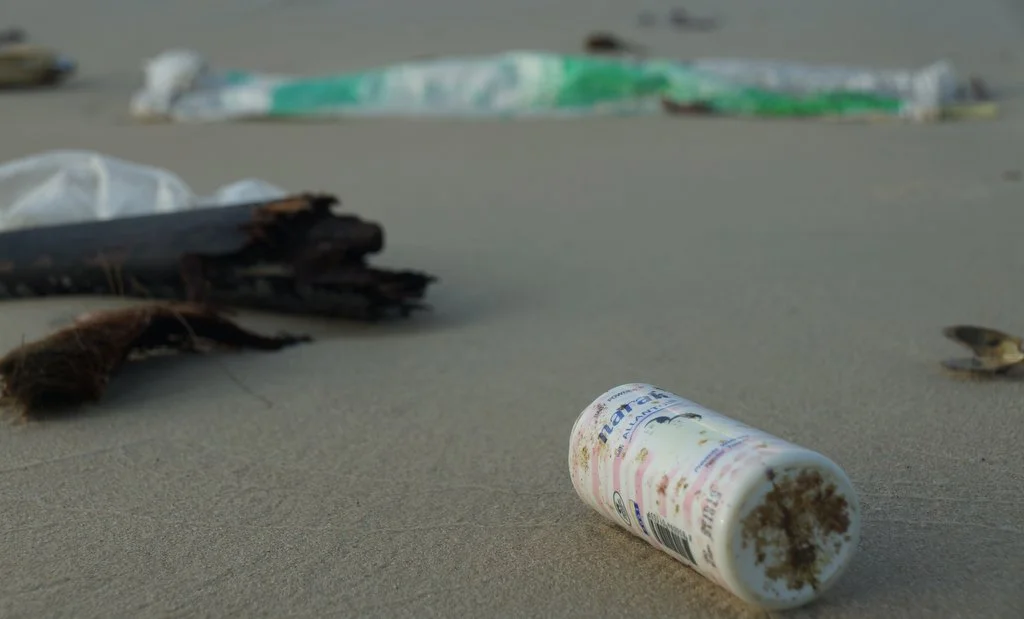
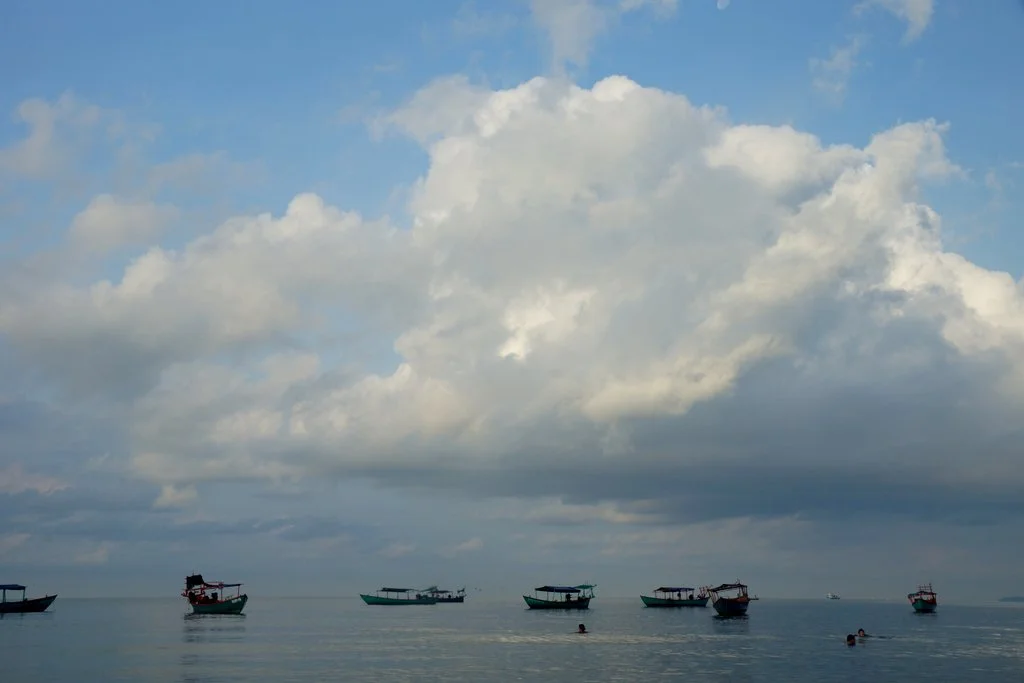
I feel as though all parties are to blame in this type of situation. Shame on the young backpackers who come here and irresponsibly discard their waste on the beach like immature teenagers. Equally, shame on the locals and business owners who haven’t taken the measures to preserve this area for future generations.
Audrey and I are celebrating our one year anniversary. Instead of enjoying activities on the beach we’re now considering alternative measures. We had planned staying for roughly a week to enjoy some down time and to get caught up on work. Now, our plan to ‘sort of’ salvage this situation is to check into a nice hotel with a fancy room and pool. Instead of enjoying the splendours of a natural beauty we’re now resigned to creating our own artificial temporary oasis.
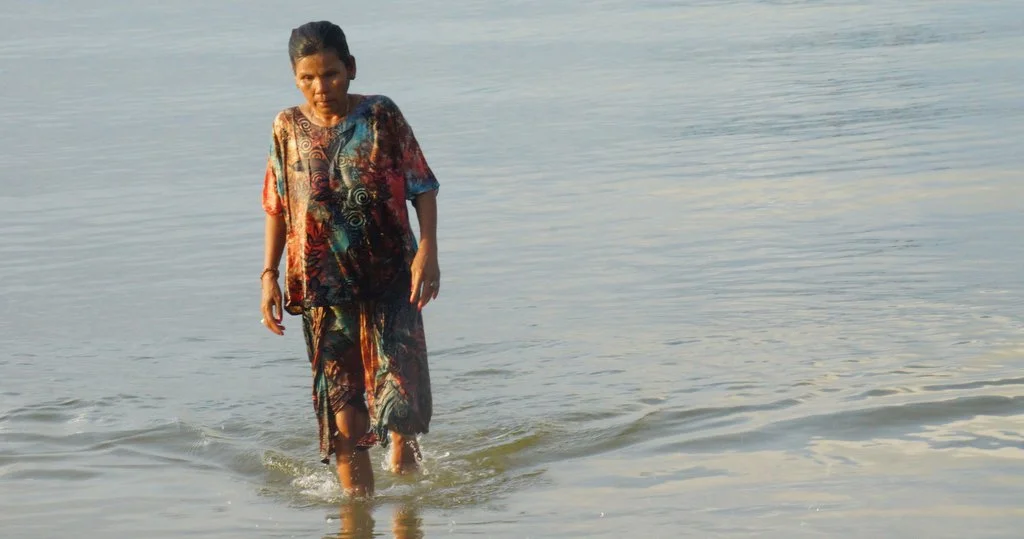
I’m left feeling a sense of shame as a backpacker. For all those who travel for the right reasons (to experience new cultures, sample new foods and interact with locals in a positive manner) there are far too many who come to places in far off corners of the world without any sense of moral responsibility or respect to that given area. Sihanoukville is exhibit A: …
from paradise to paradise ruined!
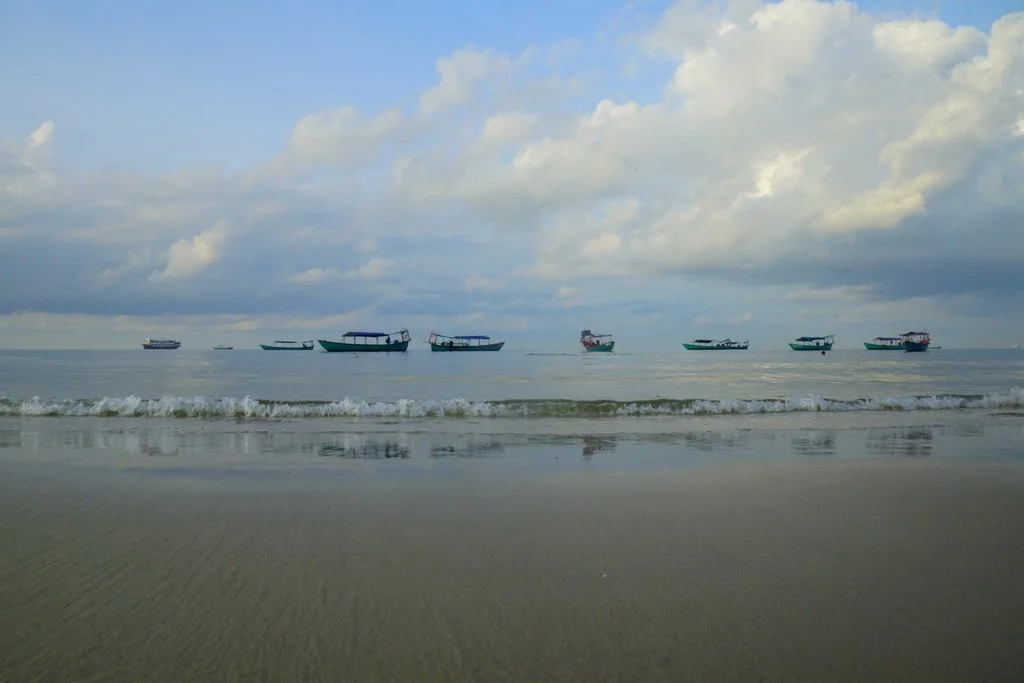
Sihanoukville Garbage Problem
Sihanoukville, once a jewel of Cambodia’s coastline, is grappling with a severe garbage problem. The rapid and often unregulated development of the city, fueled by a boom in construction, tourism, and foreign investment, has outpaced the local infrastructure’s ability to manage waste. As a result, visitors are often confronted with the sight of trash-strewn streets, beaches littered with plastic, and overflowing bins that mar the city’s natural beauty.
- Urban Expansion and Waste Management: The city’s rapid expansion has strained its waste management systems. New hotels, casinos, and businesses have sprung up at a pace that local services simply can’t keep up with, leading to a situation where garbage collection is inconsistent and inadequate.
Impact on the Visitor Experience
For tourists, the garbage issue is more than a minor inconvenience; it significantly impacts their experience of Sihanoukville. The beaches, which were once pristine, are now dotted with debris, making it difficult to enjoy the coastal scenery. The smell of decaying waste can linger in the air, especially in densely populated areas, detracting from the enjoyment of outdoor activities and dining experiences.
- Environmental and Health Concerns: The unchecked accumulation of garbage poses serious environmental and health risks. Plastic pollution is particularly problematic, threatening marine life and the health of the coastal ecosystem. Visitors may also be concerned about the potential for waterborne diseases and other health hazards related to poor sanitation.
Efforts to Combat the Crisis
Despite the severity of the problem, there are ongoing efforts to address the garbage crisis in Sihanoukville. Local authorities, NGOs, and community groups are working together to improve waste management and raise awareness about the importance of environmental conservation. Initiatives include increased investment in waste collection infrastructure, community clean-up drives, and educational campaigns aimed at both residents and tourists.
- Community Involvement: Grassroots efforts have been instrumental in tackling the garbage issue. Local businesses, environmental organizations, and concerned citizens have organized clean-up events and lobbied for better waste management practices. These initiatives, while impactful, highlight the need for more systemic and long-term solutions.
Why Sihanoukville’s Situation is Unique
The garbage problem in Sihanoukville is a stark reminder of the challenges that come with rapid, unchecked development. It serves as a case study of how a destination can quickly go from being a paradise to a polluted environment without proper planning and regulation. For visitors, it offers a unique, if sobering, glimpse into the environmental impact of mass tourism and urbanization.
- A Call for Responsible Tourism: Visiting Sihanoukville amidst this crisis provides an opportunity for tourists to engage in responsible tourism. By being mindful of their waste, supporting eco-friendly businesses, and participating in clean-up activities, visitors can contribute to the solution rather than exacerbate the problem.
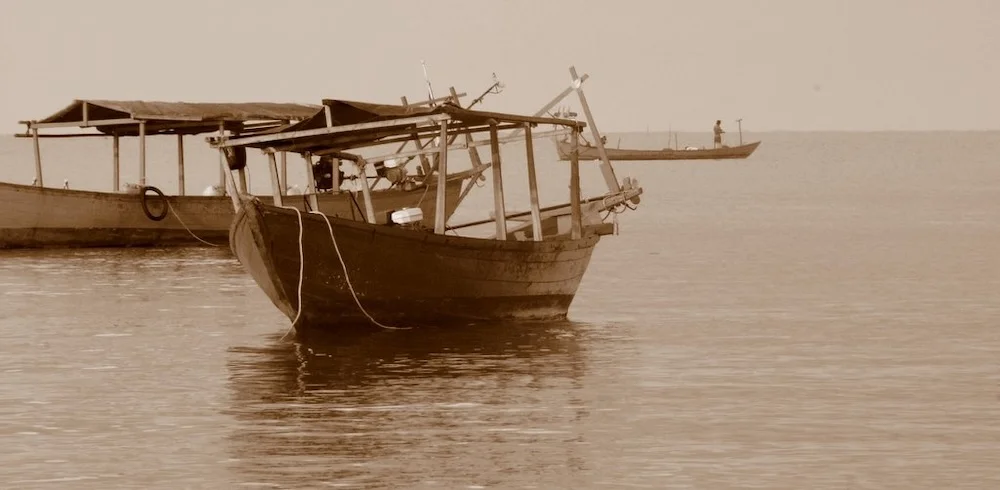
How You Can Help Clean Up At Tourist Beaches
One of the most effective ways to help clean up tourist beaches is by joining organized beach cleanup events. These initiatives are often run by local environmental groups or community organizations and are a great way to make a tangible impact. Not only do you get to contribute to the environment, but you also meet like-minded individuals and learn more about the local ecosystem.
- How to Find Events: Look for beach cleanups on social media, community boards, or ask at your hotel. Many tourist destinations regularly organize these events, especially in areas where beach pollution is a significant concern.
Bring Your Own Cleanup Supplies
If you’re visiting a beach on your own, consider bringing a few supplies to do a mini cleanup. A reusable bag, gloves, and perhaps a trash picker can go a long way. Even spending just 15 minutes picking up litter can make a big difference.
- Start Small: Focus on collecting small, lightweight items like plastic wrappers, bottles, and cigarette butts, which are often the most harmful to marine life.
Practice Responsible Tourism
One of the simplest yet most effective ways to help is by practicing responsible tourism. Always dispose of your trash properly, avoid using single-use plastics, and encourage others to do the same. Consider supporting businesses that prioritize sustainability and participate in eco-friendly practices.
- Leave No Trace: Adopt the “leave no trace” principle by ensuring you leave the beach as clean, if not cleaner, than you found it. This small effort helps preserve the natural beauty of tourist beaches for everyone to enjoy.
Why This Experience is Unique
Helping clean up tourist beaches isn’t just about picking up trash—it’s about connecting with the environment and the local community. It’s a chance to see the direct impact of your actions and contribute to the preservation of the natural beauty that makes these destinations so special.
- Meaningful Impact: Participating in a beach cleanup can be a deeply rewarding experience. Not only are you helping protect the environment, but you’re also playing a role in ensuring that these beautiful locations remain pristine for future visitors.
